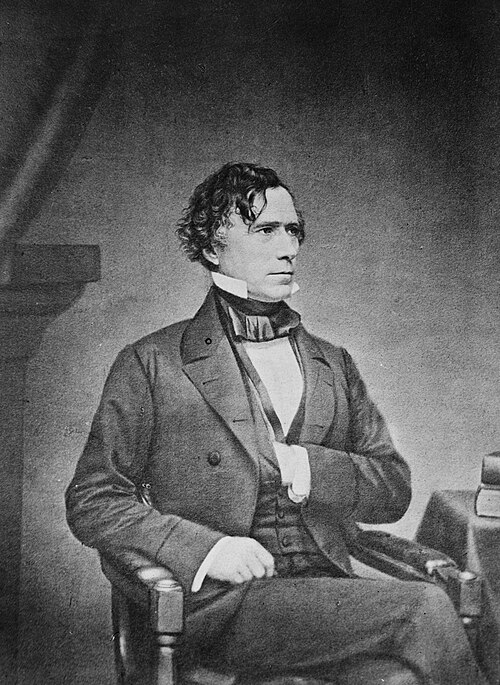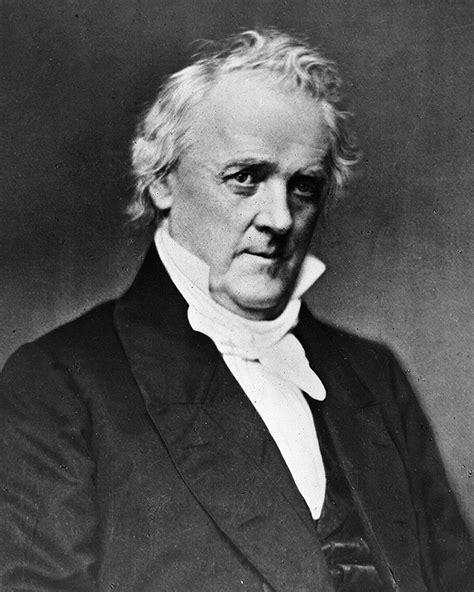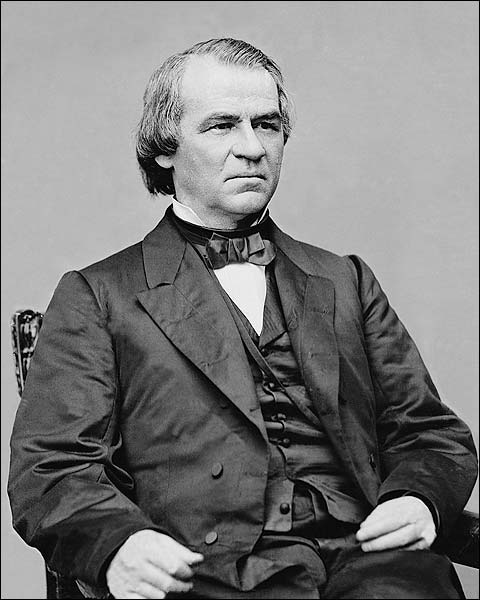Presidents 11-21
1/10
There's no tags or description
Looks like no tags are added yet.
Name | Mastery | Learn | Test | Matching | Spaced |
|---|
No study sessions yet.
11 Terms
_____ was the eleventh president. He served from _____. He was a member of the Democratic Party. He led the country through the _____ which resulted in the U.S. acquiring California and much of the Southwest and made the _____ which settled border dispute with Britain, extending U.S. territory to the Pacific
James K. Polk, 1845-1849, Mexican American War, Oregon Territory Agreement
_____ was the twelfth president. He served from _____. He was a member of the Whig Party. He was president during the _____ which sparked mass migration and national debate over slavery in new territories. He also opposed the _____ until his sudden death in 1850.
Zachary Taylor, 1849-1850, California Gold Rush, Compromise of 1850.
_____ was the thirteenth president. He served from _____. He was a member of the Whig Party. He approved the _____ which included the fugitive slave act and admitted California as a free state. He also sent Commodore Perry to start trade relations with _____.
Millard Fillmore, 1850-1853, Compromise of 1850, Japan

_____ was the fourteenth president. He served from _____. He was a member of the Democratic Party. He authorized the _____ which saw the U.S. acquire the Arizona and New Mexico territories. He also signed the _____ into law which revoked the Missouri Compromise and led to the civil unrest known as Bleeding Kansas.
Franklin Pierce, 1853-1857, Gadsden Purchase, Kansas-Nebraska Act

_____ was the fifteenth president. He served from _____. He was a member of the Democratic Party. He exerted influence on the Supreme Court to decide that Congress had no constitutional power to exclude slavery in the territories. This decision, _____, also denied citizenship to African Americans. He also employed the army against Mormon settlers in the Utah Territory. This became known as the _____, or Buchanan’s Blunder.
James Buchanan, 1857-1861, Dred Scott vs. Sanford, Utah War
______ was the sixteenth president. He served from _____. He was a member of the Republican party. He led America through the _____ and famously signed the _____ which declared enslaved people in Confederate states to be free. He was assassinated while attending the play, Our American Cousin, by John Wilkes Booth.
Abraham Lincoln, 1861-1865, Civil War, Emancipation Proclamation

_____ was the seventeenth president. He served from _____. He was a member of the Democratic Party. His presidency was marred by _____ as he opposed Radical Republicans’ efforts to rebuild the South and expand Black rights. He was also the first president to be ____ as the republicans accused him of violating the Tenure of Office Act.
Andrew Johnson, 1865-1869, Reconstruction Clashes, impeached
_____ was the eighteenth president. He served from _____. He was a member of the Republican Party. His presidency was the passing of the _____ which prohibits the denial of the right to vote based on race, color, or previous condition of servitude. He also drove in the golden spike that completed the _____. His presidency was hounded by scandals like _____.
Ulysses S. Grant, 1869-1877, 15th Amendment, Transcontinental Railroad, Credit Mobilier and the Whiskey Ring
_____ was the nineteenth president. He served from _____. He was a member of the Republican Party. His election was very controversial as he lost the popular vote but there were disputed electoral votes and neither candidate earned enough to become president. He won the presidency through the _____ which saw Hayes get 20 disputed electoral votes to become president. In exchange, Republicans ended federal support for Reconstruction and the military occupation of the former Confederacy. Later that year, the ______ saw him use federal troops to suppress a major labor uprising.
Rutherford B. Hayes, 1877-1881, Compromise of 1877, Railroad Strike of 1877.
_____ was the nineteenth president. He served from _____. He was a member of the Republican Party. As president, he pushed for _____ which advocated merit-based government jobs instead of the spoil system. He was _____ by Charles Guiteau, a man denied a government job that he believed should have been his
James Garfield, 1881, Civil Service Reform, assassinated
_____ was the twentieth president. He served from _____. He was a member of the Republican Party. He signed the _____ into law, which made government jobs based on merit reducing patronage and he modernized the _____.
Chester A. Arthur, 1881-1885, Pendleton Service Act, U.S. Navy